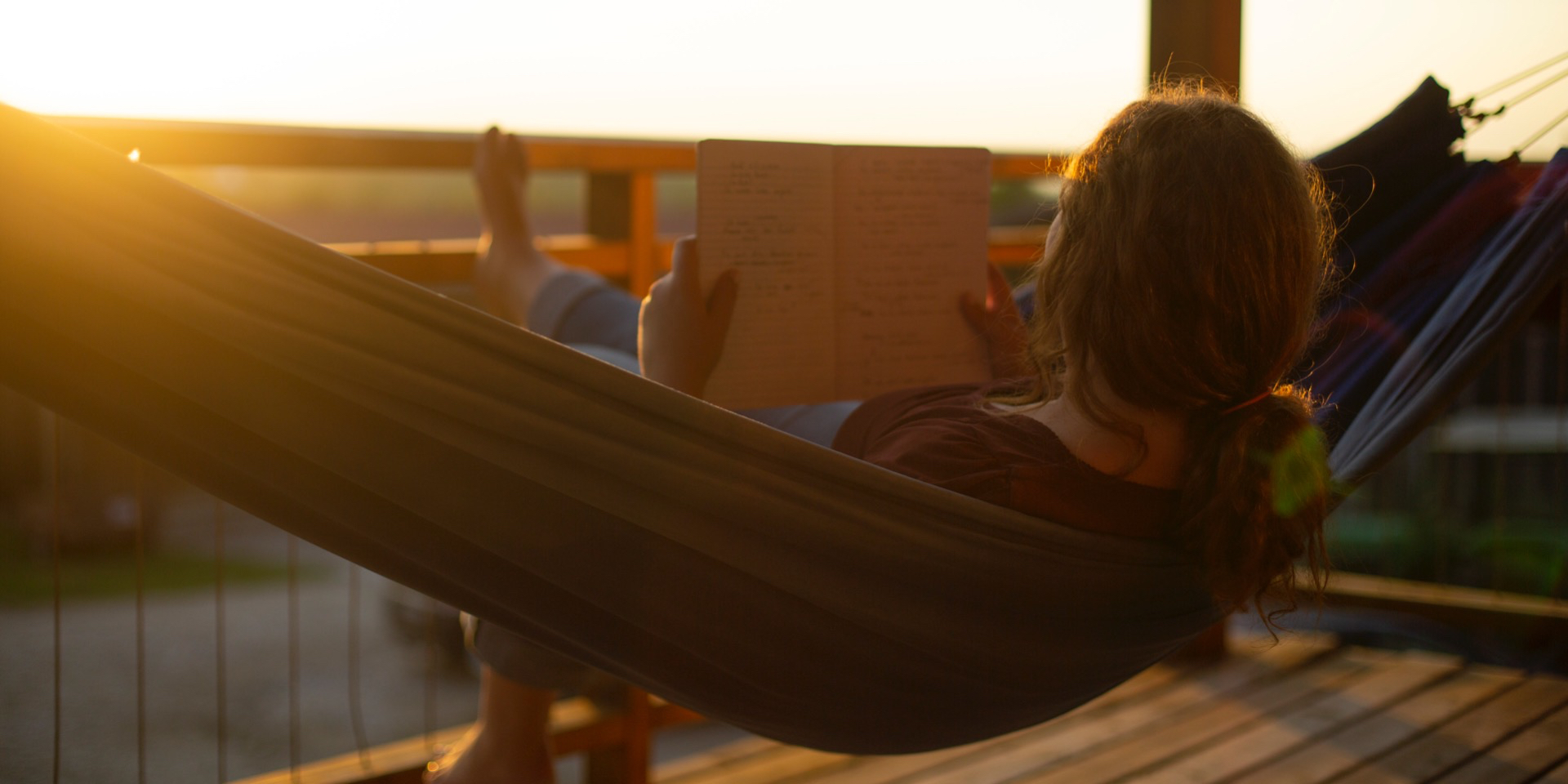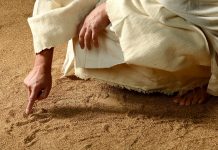“What is this life if, full of care, / We have no time to stand and stare.” — from the poem “Leisure” by William H. Davies.[1]
As a child, I often desired leisure as a kind of forbidden fruit, maybe because my personality allows me to stay in one place without getting bored in my own company. However, I carried the constant guilt of wasting time along with that desire. Over time, I found a few reasons to lift the taboo around leisure, but emotionally, I still feared that I was deluding myself and that all I wanted was to indulge in laziness. So, I allocated small spaces for leisure, sprinkled with anxiety and the anticipation of returning to productivity.
I would be glad not to be the only one for whom the pandemic brought the realisation that moments of tranquil stillness, perhaps in a sun-soaked armchair in an old apartment block, are not mere whims but essential elements for a conscious and happy life.
After the initial days of panic and sudden slowdown, like hitting the brakes in the face of imminent danger, and the following weeks during which I put my creativity to work to find ways not to waste the time spent at home, I reached a weekend day with nothing on my agenda. Nothing to buy because supplies were already taken care of. No one to visit because it was not allowed. No calls to make because, fortunately, I knew that all my loved ones were safe. Nothing to plan because everything was too unpredictable. So, I turned the armchair that had been facing away from the window, opened the window wide, settled in comfortably, and read until I grew tired. Then, I simply basked in the sun. I didn’t know how time passed, nor did I feel that it made sense to worry about it. It passed just as slowly for all of us, and I found comfort in that.
Such moments multiplied during those months, and surprisingly for me, they didn’t throw me into a debilitated laziness but rather energised me for the rest of the tasks at hand. I felt that I found solutions to problems in unconventional ways, genuinely enjoyed small things, and saw the decisions I had to make with a clarity I hadn’t experienced before. The constant presence of death and isolation also weighed heavily in these changes, but along with them, the guilt surrounding idleness faded away.
I was naive enough to believe that I would maintain my perspective when life returned to normal, that I would cherish moments of complete pause and give them the attention they deserved. But the easing of restrictions in 2022 thrust me forcefully into the rush to make up for what I had lost during nearly two years of hiatus. I worked harder, reunited with loved ones, and ventured out to the places I missed. The need to do nothing or at least slow down occasionally emerged here and there, but I swiftly dismissed it with the thought that I had rested enough. I watched as important moments slipped away from my perception, yet repeatedly chose to ignore them.
Towards the end of 2022, in a moment I least expected, I contracted the virus myself. With my weakened body allowing me nothing more than being idle, I listened to it. After more than a week filled with ample moments of respite, I realised that my perception of things that bring me joy had significantly improved. In a moment of lucidity, I once again asked myself why I didn’t do this voluntarily. I discovered that this wasn’t just my concern, and the main answer I found I’ll keep for later. Before that, let me briefly mention a few scientifically proven benefits of leisure, beyond the empirical ones I listed.
Leisure, or daydreaming, is the only method through which a neural network called the default mode network is activated in the brain, as identified by researchers. This network connects much more extensive areas compared to those activated when we focus on a specific task. If you’ve ever experienced finding the answer to a complex problem only after you stopped thinking about it, during a shower or a walk, the explanation may lie in the fact that during those moments of relaxation, the brain activated a more complex network that facilitated access to a creative solution. Additionally, idle moments reduce stress levels and enhance concentration and memory capacity. Studies show that idleness can lower blood pressure and help relax skeletal muscles.
However, leisure is not an easy task, as demonstrated by a study conducted in 2014 by Timothy Wilson, a professor at the University of Virginia in the United States. When given the choice between being alone with their thoughts or administering themselves small electric shocks, 67% of male participants and 25% of female participants preferred to administer the shocks, even though all of them had previously stated that they would pay not to experience them.
The explanation, though intuitive, was disheartening for the researchers. Without proper training, our thoughts tend to be filled with worry and negative things. The authors of the study summarised it beautifully: “The untutored mind does not like to be alone with itself.”
The opening lines of this article are part of a poem found in an anthology famous in the United Kingdom. The poem ranks among the top 100 favourite poems selected through a national survey. I believe it resonates with so many people because it speaks to a strong human need: the desire to lead a fulfilling life, with a trained mind capable of leisure, dreaming, and joy. I memorised it (also during the pandemic) and recite it to myself whenever I realise that my mind is immersed in worries and I no longer have time for daydreaming.
It may seem childish, but practising leisure is among the most valuable lessons I learned in 2022. I’ve learned that it’s essential to give myself that time, to accept feeling guilty about it, and to take a break despite the overwhelming sense that I have so much to do (or that I should find something to do). In healthy doses, these moments of complete pause bring me the joy of simply existing, without feeling that my existence is invariably tied to constant productivity. And I’ve also learned that such moments don’t happen on their own. They require planning, and the mind needs training to resist veering into negative directions.
For me, the environment in which my mind easily immerses itself in beauty is nature. That’s why I carve out moments each day to admire it. I’d be hypocritical to say that my mind doesn’t wander to worries more often than I’d like, but I have confidence in the success of this training. I know I’ve made progress because today I closed my laptop halfway through writing this article, even though I was running out of time, and I enjoyed resting in a hammock under the sun, with the still-green grass below me and Stella, the curious dog of a gentleman in the park, coming over to say hello.
Andreea Irimia contemplates the importance of spending time in silence, without a specific goal, and the benefits relaxation brings to mental well-being.




















